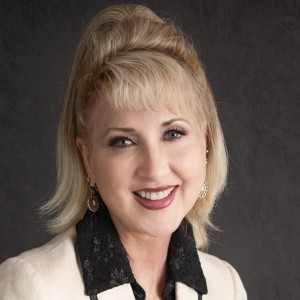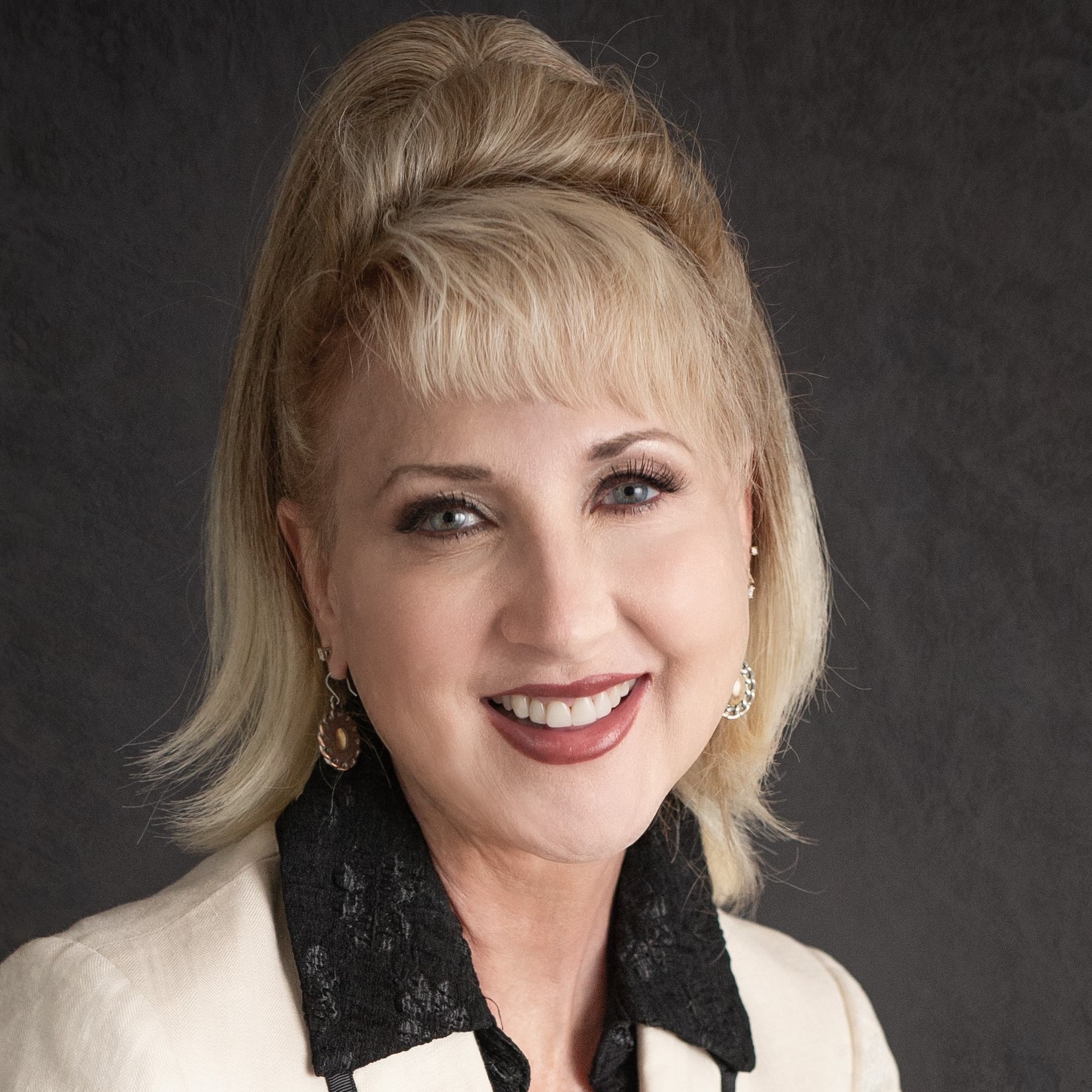Episodes

Monday Sep 02, 2024
You Always Have A Choice (Replay of 9-1-24)
Monday Sep 02, 2024
Monday Sep 02, 2024
Do you acknowledge the choices you have? You may not always have the choices that you wish you had, but you always have a choice. Today Cinthia discussed what it means to take ownership of your life and the choices you have. Acknowledging your own choices means giving up the option to blame others for the entire direction of your life (although it does not mean accepting blame for things that were not your fault -- In fact, sometimes one of the choices you have is whether to accept and affirm that someone else’s choice was not your fault, however deeply it may have impacted you.). Even people in very tragic situations (e.g., POWs) have choices within their situations, though those choices may be more limited. Victor Frankl wrote about his experiences in German concentration camps; he observed that prisoners who chose to accept their situations but also find meaning in their suffering were more likely to survive the experience. They chose not to accept full victimhood by owning the choices that were theirs; they did not fully surrender their internal freedoms, even when their outward freedoms were horribly taken away and their mental states were affected.
When you choose to abdicate your own choices to others, this is also a choice. For example, do you abdicate your mood to others, to society, etc.? Think of all the choices you have in one day. How many do you abdicate?
Cinthia discussed the “Wise Choice Process” which involves using a template for the decision-making process. What is your decision-making process? How do you choose? One example has the following steps, which Cinthia illustrated with an example from her own life (i.e., deciding what to do about her anorexia when she was younger):
- Define the problem. (This step impacts all the others. It includes owning the problem and can sometimes be very uncomfortable. It requires acknowledging reality honestly, as well as separating the symptom from the underlying problem. For example, Cinthia had to recognize that she needed to gain weight in order to stay alive and become healthy. She also had to recognize that this was problem was actually a symptom of a much deeper problem, which was the hostile relationship she had with herself. She did not feel good about herself and was very angry at her own body. She was using food/weight loss to try to mimic feelings of self-worth, gain a sense of power over her own life, get accolades from some others, and manage family dynamics.)
- Identify limiting factors. (For Cinthia, these include her intense fear of gaining weight, the impossibility of being objective about her own body at that time, difficulty trusting others to help her, not liking various aspects of reality and wanting to create her own, reliance on anorexia nervosa as a kind of empowering friend, enjoyment of the positive social rewards she got from continued weight loss, her own self-talk, aversion to eating around others, etc.; on the other hand, the possibility of death from anorexia represented a much more permanent limitation, one she would encounter if she did not overcome the other limitations.)
- Develop potential alternatives. (This can involve brainstorming and may sometimes involve others. The proposed solutions may not be perfect but have some kind of potential to move you toward health, though it must also be acknowledge that quick solutions may not ultimately solve the real problem. The discussion must focus on potential solutions to the specific problem, the real problem as identified in step 1. For Cinthia, options included trying to fix the problem on her own, beginning to eat with trusted others, and going into treatment.)
- Analyze the alternatives. (This may involve getting more information about costs and benefits. It is also a good time to notice any resistance within yourself and what this may tell you about your attachment to the problem; as much as you may hate the problem, it may also be providing you with some benefit or meeting some underlying need that will need to be met in other ways if you make steps toward solving the problem.)
- Select the best alternative. (Again, you may not have a perfect alternative and may have to decide among imperfect options.)
- Implement the decision.
Cinthia discussed Adam and Eve as the human beings to make choices. God gave them choices, allowing them free will. Adam knew what he was doing even though he could not fully comprehend the outcome. But God also made choices in response to their choices. As Cinthia says, “We fell to hell, and God stopped the drop.” He could have let it go, leaving us to our own destruction, but He did not. Meanwhile, Adam’s sin brought fear, the first negative feeling. We were not originally designed for negative feelings. God also experienced negative feelings in response to our choices, but He was willing to accept different feelings to be in relationship with us, much like parents are willing to feel feelings to have their children and be in relationship with them. Adam’s choice brought knowledge. Knowledge is what brings fear and shame. However, God continued to offer them the opportunity to make good choices with their knowledge. Consider Deuteronomy 30:15-20. He offers us life and death. Sometimes our choices do not lead to immediate physical death but to the death of other things, like the dreams God has for us. We need to repent when we choose death, taking responsibility for our choices and turning instead to God. We can use our free will to submit our self-will to God’s will so that He can undo the damage of our sin. Consider also Ephesians 4:21-24.
Another decision-making model involves the following questions:
- What is my present situation? (What is and is not working? Am I ok with it? We need to be truthful with ourselves. Go for objectivity here. Get feedback as necessary. Consider dreams, hopes, necessities, experiments, absolutes, etc.)
- What would I like my situation to be? (What would be the perfect scenario? It’s ok to fantasize at this point. This is not a guaranteed outcome; it is a direction for your brain.)
- What choices/options do I have?
- What is the likely outcome of each option that I have? (You may need to get more information to answer this question.)
- Which choice(s) will I commit to doing? (Do not pick them all at once. Limit the initial choices, but give them your all. Remember that not all choices are mutually exclusive, but some are.)
You can use your choices to pursue the dreams God has for you, the purposes for which He made you. Sometimes our mistakes are just as valuable as our good decisions if they help us make better choices in the future. You always have a choice and, therefore, have a lot more power than you may give yourself credit for. Nobody really wants to change. Actually doing it, however imperfectly, is something to be proud of. It is owning your own life, and your life is a gift.

